Webinar on Accountability in Syria – Diakonia
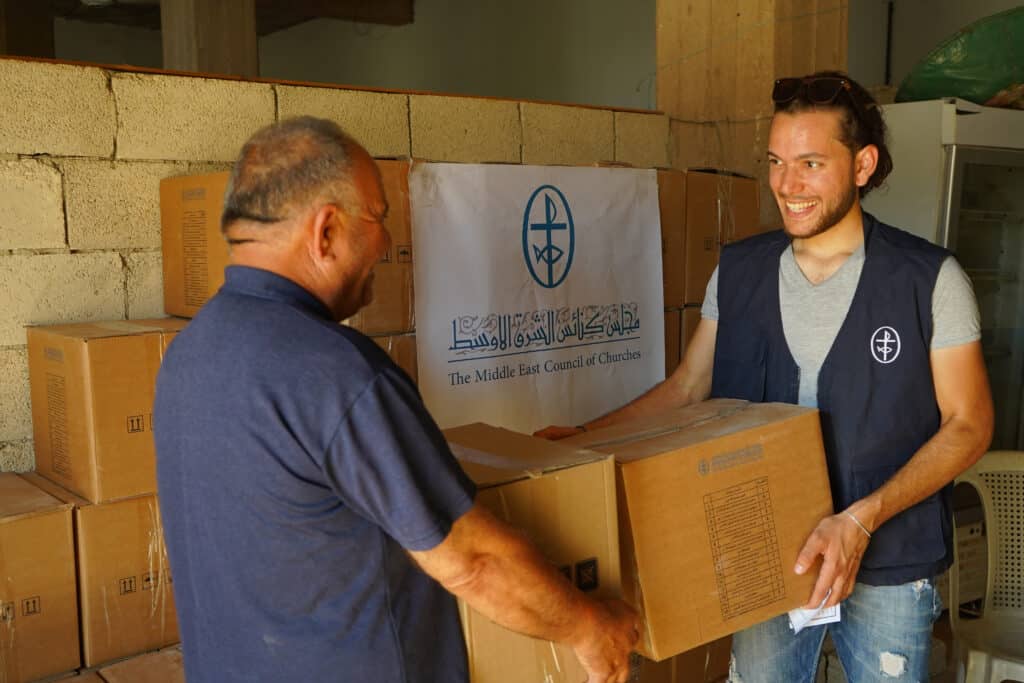
Report on Webinar: Accountability and Transitional Justice in Syria
Event Summary
On 8 September 2025, the IHL Centre hosted a webinar titled “Accountability Avenues in the Context of Transitional Justice in Syria”. The event convened approximately 80 participants to discuss pathways for ensuring justice and accountability, directly contributing to the advancement of the 2030 Agenda for Sustainable Development.
Alignment with Sustainable Development Goals (SDGs)
The webinar’s agenda was fundamentally aligned with several key SDGs, with a primary focus on SDG 16.
- SDG 16: Peace, Justice and Strong Institutions: The core discussion on accountability and transitional justice directly addresses Target 16.3, which aims to promote the rule of law and ensure equal access to justice for all. By exploring mechanisms for justice, the event supports the development of effective, accountable, and inclusive institutions (Target 16.6).
- SDG 17: Partnerships for the Goals: The diverse attendance exemplified a multi-stakeholder partnership (Target 17.17) essential for achieving sustainable development. The collaboration between civil society, legal experts, and international bodies is critical for implementing justice-related goals.
- SDG 5 (Gender Equality) and SDG 10 (Reduced Inequalities): Ensuring comprehensive justice and accountability inherently involves addressing crimes against women and marginalized groups, thereby supporting the principles of equality and non-discrimination.
Stakeholder Participation
The event facilitated a crucial dialogue among a diverse group of stakeholders, reflecting a collaborative approach to achieving SDG 16. Participants included:
- Representatives of Syrian civil society
- Judges and legal practitioners
- Diplomats
- Representatives of UN agencies
- Delegates from international and non-governmental organizations
Objectives and Thematic Focus
The webinar centered on identifying actionable strategies for justice in Syria. Key themes explored were:
- Challenges: Identifying obstacles to implementing accountability mechanisms in the current Syrian context.
- Opportunities: Exploring existing and potential avenues for international and domestic justice.
- Pathways: Formulating strategies to ensure justice and accountability as a cornerstone for sustainable peace, in line with the objectives of SDG 16.
1. Which SDGs are addressed or connected to the issues highlighted in the article?
The primary Sustainable Development Goal (SDG) addressed in the article is:
-
SDG 16: Peace, Justice and Strong Institutions.
The article’s entire focus is on a webinar titled “Accountability Avenues in the Context of Transitional Justice in Syria.” This directly relates to SDG 16, which aims to “promote peaceful and inclusive societies for sustainable development, provide access to justice for all and build effective, accountable and inclusive institutions at all levels.” The discussion on ensuring “justice and accountability” in a post-conflict context like Syria is at the core of this goal.
2. What specific targets under those SDGs can be identified based on the article’s content?
Based on the article’s focus on justice and accountability, the following specific targets under SDG 16 can be identified:
-
Target 16.3: Promote the rule of law at the national and international levels and ensure equal access to justice for all.
The webinar’s theme of exploring “Accountability Avenues” and “pathways for ensuring justice” is a direct effort to promote the rule of law and find ways to provide access to justice for victims in Syria.
-
Target 16.6: Develop effective, accountable and transparent institutions at all levels.
Transitional justice, the central topic of the webinar, often involves reforming existing institutions or creating new ones (such as courts or commissions) that are accountable and transparent to the public. The goal of achieving “accountability” implies the need for such institutions.
-
Target 16.a: Strengthen relevant national institutions, including through international cooperation, for building capacity at all levels… to prevent violence and combat… crime.
The webinar itself is an example of international cooperation. The participation of “representatives of UN agencies, international organizations, and non-governmental organizations” alongside Syrian civil society and legal practitioners demonstrates a collaborative effort to build capacity and strengthen the foundations for justice in Syria.
3. Are there any indicators mentioned or implied in the article that can be used to measure progress towards the identified targets?
The article does not explicitly mention any quantitative indicators. However, the topics discussed imply the relevance of certain indicators used to measure progress:
-
Indicator 16.3.3: Proportion of the population who have experienced a dispute in the past 12 months and who accessed a formal or informal dispute resolution mechanism, by type of mechanism.
The discussion of “Accountability Avenues” and “Transitional Justice” implicitly points to a lack of accessible and effective dispute resolution and justice mechanisms in Syria. The webinar’s purpose is to explore how to create or improve these mechanisms, which is what this indicator measures.
-
Indicator 16.a.1: Existence of independent national human rights institutions in compliance with the Paris Principles.
The pursuit of justice and accountability in a post-conflict setting, as discussed in the webinar, is fundamentally linked to the presence and effectiveness of human rights institutions. The need for such a discussion implies that such institutions may be weak or non-existent in Syria, making this indicator a relevant measure of progress.
4. SDGs, Targets and Indicators Table
| SDGs | Targets | Indicators |
|---|---|---|
| SDG 16: Peace, Justice and Strong Institutions | 16.3: Promote the rule of law at the national and international levels and ensure equal access to justice for all. | 16.3.3 (Implied): Proportion of the population who have experienced a dispute… and who accessed a formal or informal dispute resolution mechanism. |
| SDG 16: Peace, Justice and Strong Institutions | 16.6: Develop effective, accountable and transparent institutions at all levels. | The concept of creating accountable institutions is central, though no specific indicator is mentioned or directly implied in the text. |
| SDG 16: Peace, Justice and Strong Institutions | 16.a: Strengthen relevant national institutions, including through international cooperation, for building capacity… | 16.a.1 (Implied): Existence of independent national human rights institutions in compliance with the Paris Principles. |
Source: diakonia.se

What is Your Reaction?
 Like
0
Like
0
 Dislike
0
Dislike
0
 Love
0
Love
0
 Funny
0
Funny
0
 Angry
0
Angry
0
 Sad
0
Sad
0
 Wow
0
Wow
0
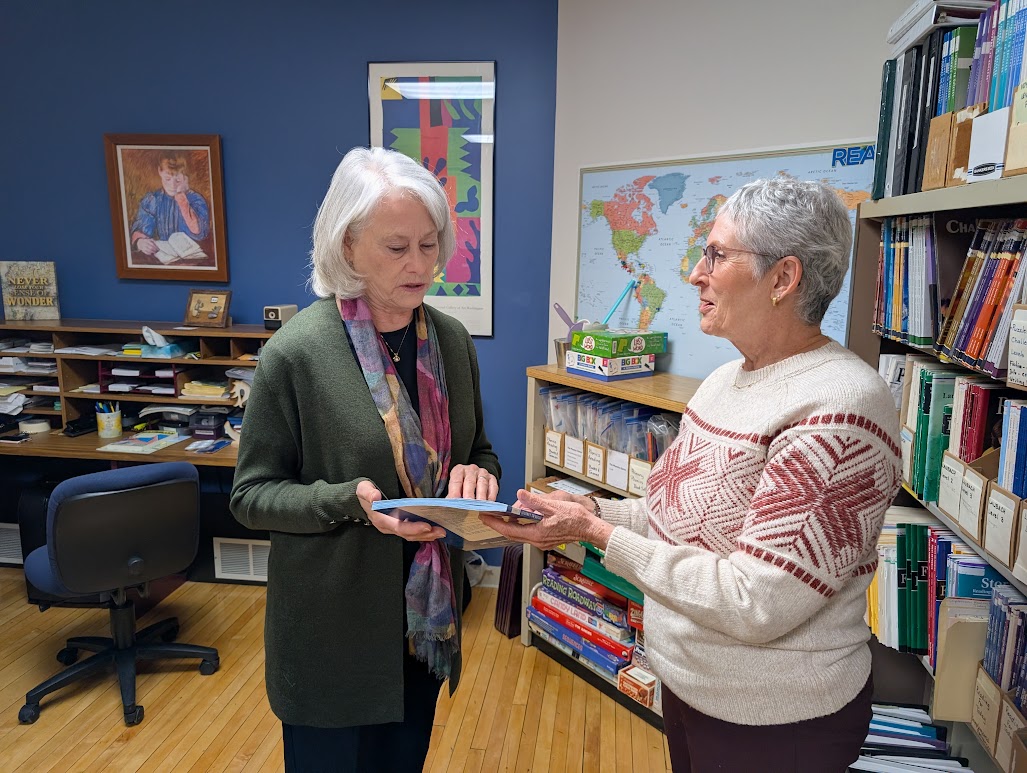

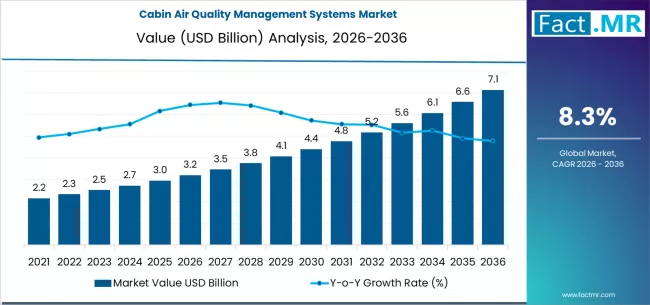



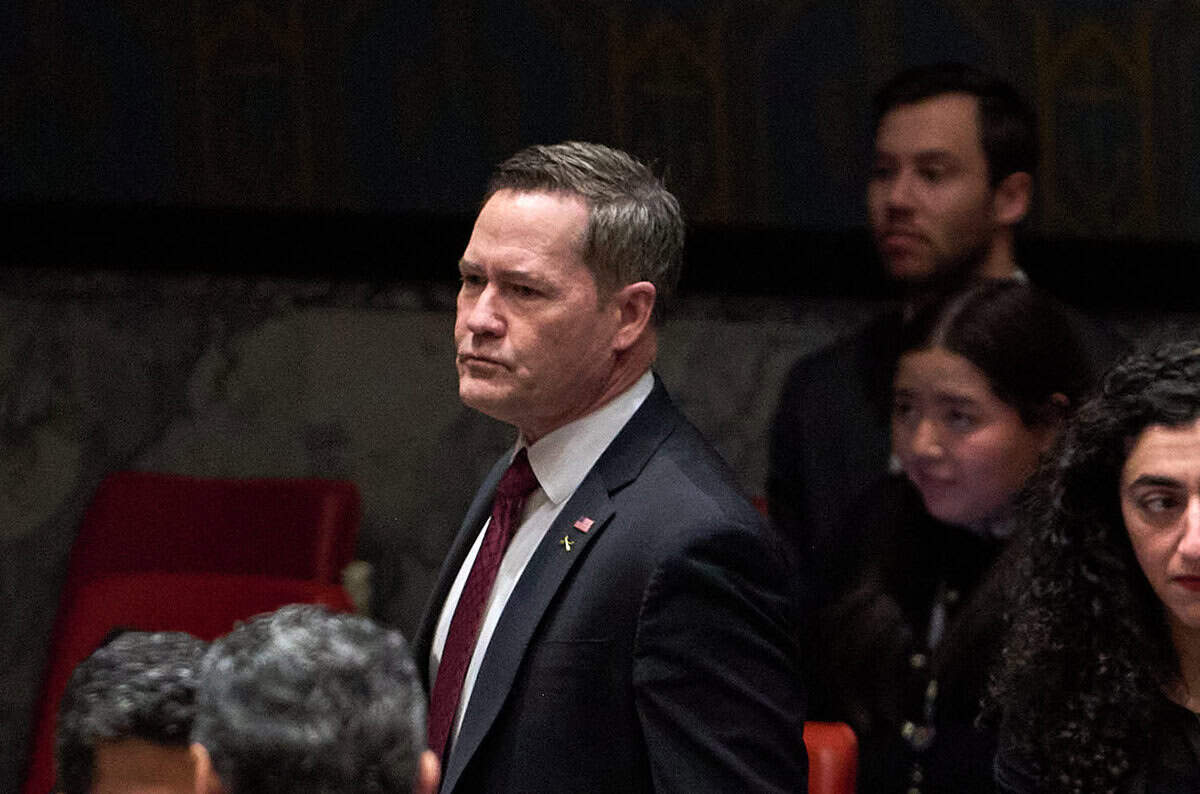

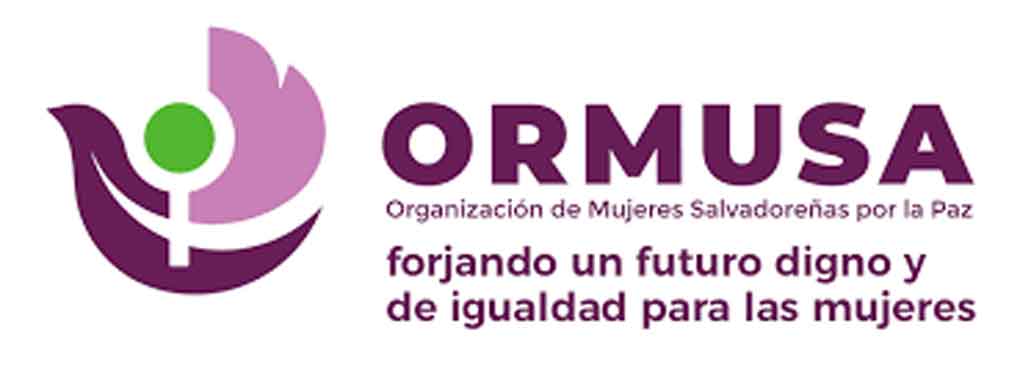



















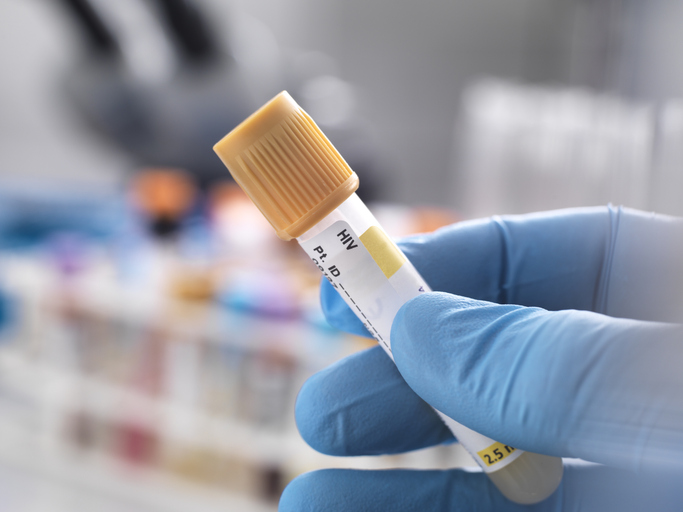














;Resize=620#)






























